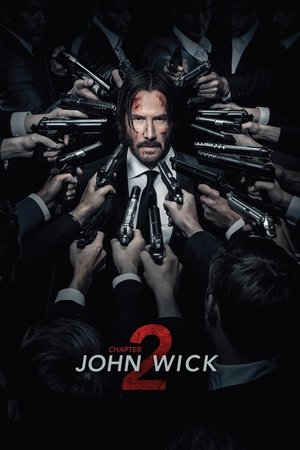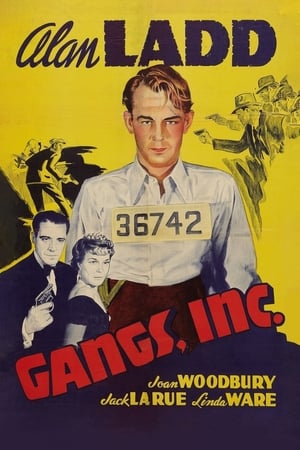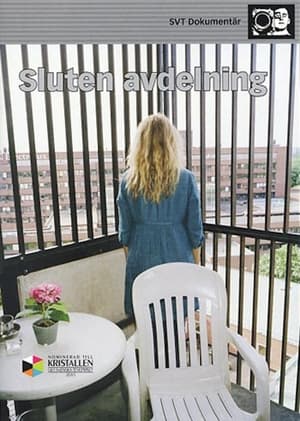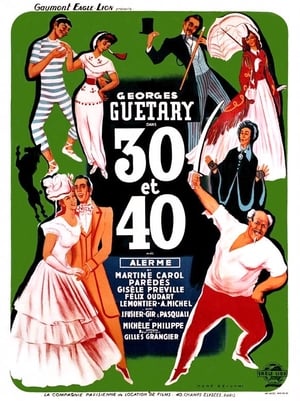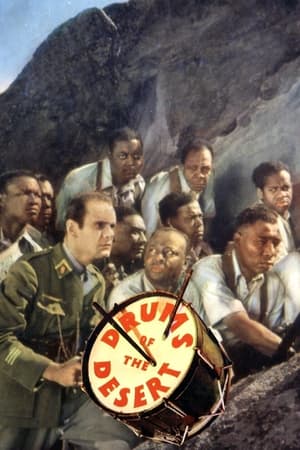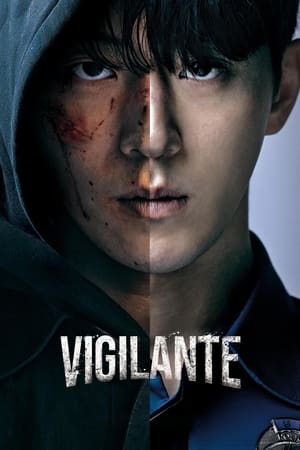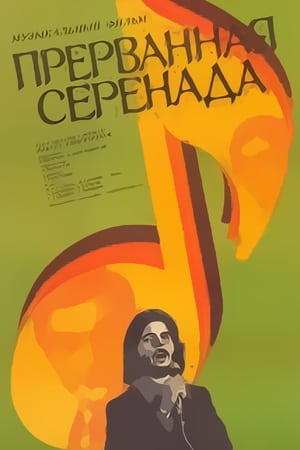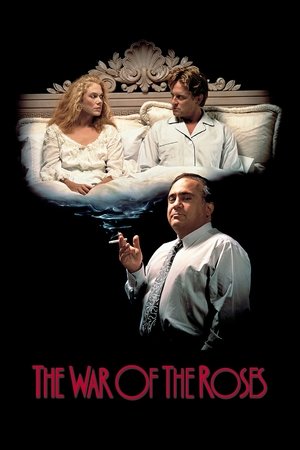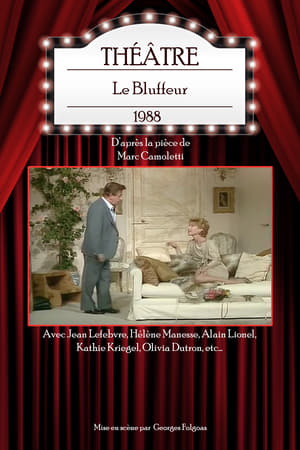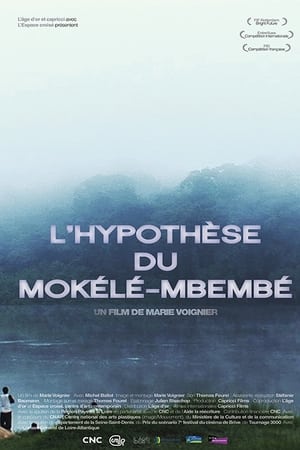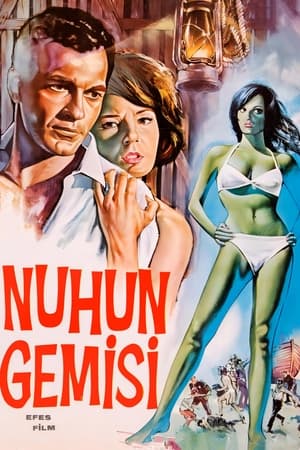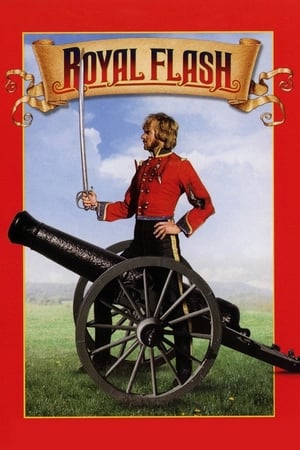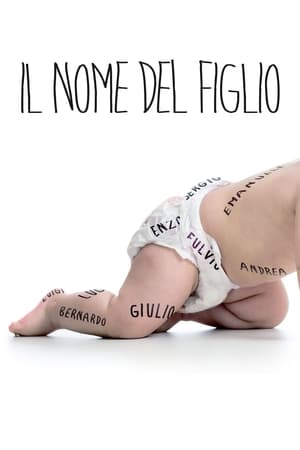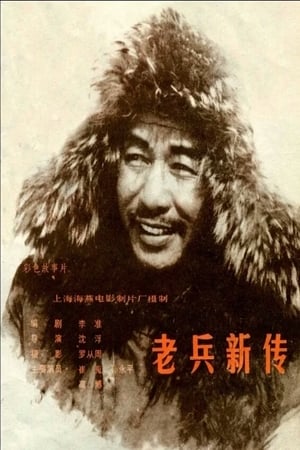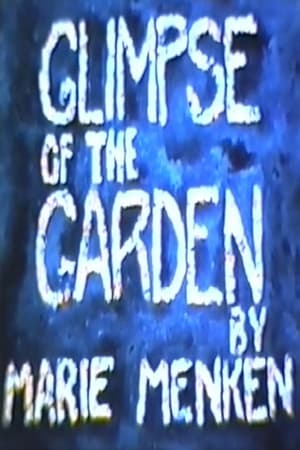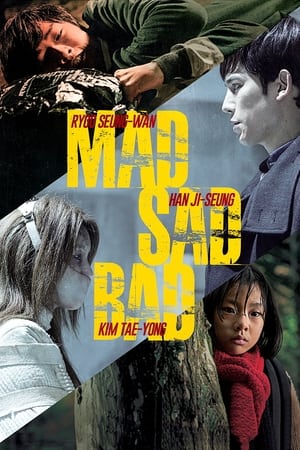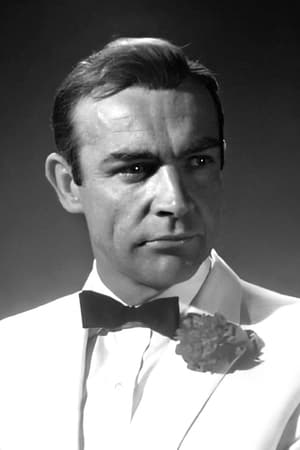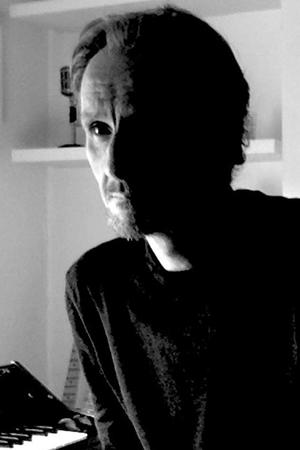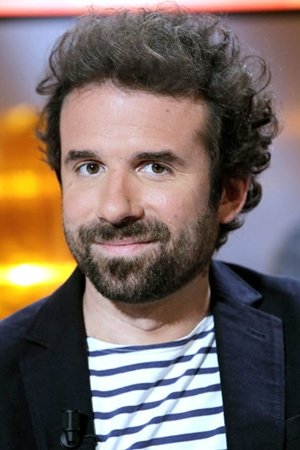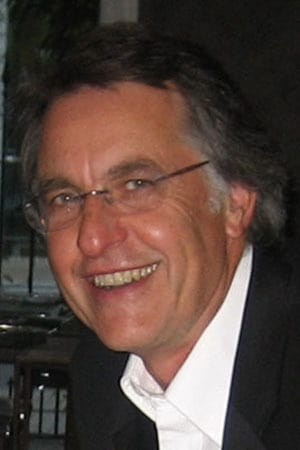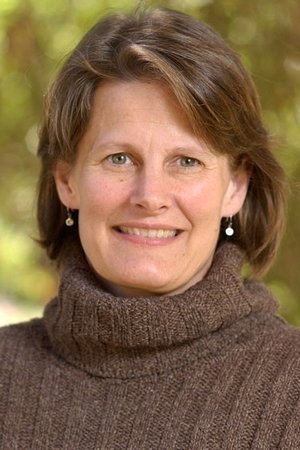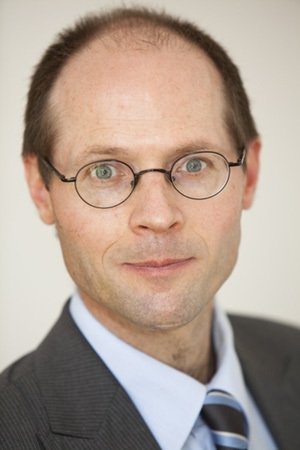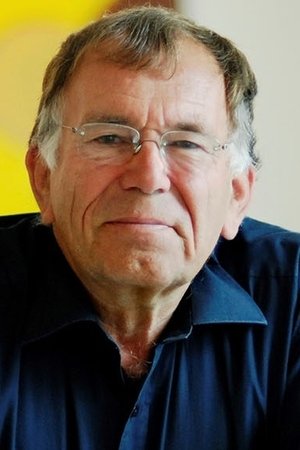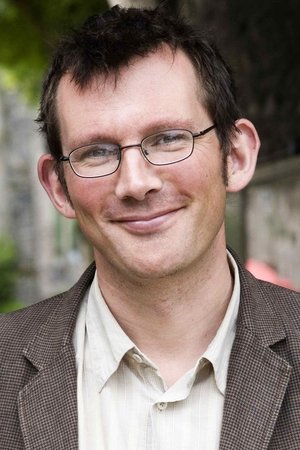Trending
Popular people
Sean Connery
Biography
Sir Thomas Sean Connery (August 25, 1930 – October 31, 2020) was a Scottish actor and producer who won an Academy Award, two BAFTA Awards (one being a BAFTA Academy Fellowship Award), and three Golden Globes, including the Cecil B. DeMille Award and a Henrietta Award.
Connery was the first actor to portray the character James Bond in film, starring in seven Bond films (every film from Dr. No to You Only Live Twice, plus Diamonds Are Forever and Never Say Never Again), between 1962 and 1983. In 1988, Connery won the Academy Award for Best Supporting Actor for his role in The Untouchables. His films also include Marnie (1964), Murder on the Orient Express (1974), The Man Who Would Be King (1975), A Bridge Too Far (1977), Highlander (1986), Indiana Jones and the Last Crusade (1989), The Hunt for Red October (1990), Dragonheart (1996), The Rock (1996), and Finding Forrester (2000).
Connery was polled in a 2004 The Sunday Herald as "The Greatest Living Scot" and in a 2011 EuroMillions survey as "Scotland's Greatest Living National Treasure". He was voted by People magazine as both the “Sexiest Man Alive" in 1989 and the "Sexiest Man of the Century” in 1999. He received a lifetime achievement award in the United States with a Kennedy Center Honor in 1999. Connery was knighted in the 2000 New Year Honours for services to film drama.
On 31 October 2020, it was announced that Connery had died at the age of 90.
Description above from the Wikipedia article Sean Connery, licensed under CC-BY-SA, full list of contributors on Wikipedia
Read more
Niall Byrne
Biography
Niall studied piano and composition at the Royal Irish Academy of Music. He was awarded first prize at the 1992 Dublin film festival's Music awards, chaired by English composer and critic Michael Nyman. Since then Niall has composed music for feature films, animation and many critically acclaimed and award-winning British television drama series including 'The Widower', 'Cilla' and 'Little Boy Blue'. He has received awards from the Irish Arts council, one of which included a series of seminars on film music by Ennio Morricone at the Chigiana Music school in Sienna.
Niall has received several IFTA (Irish Film & Television Awards) nominations and won the award for his score to the BBC film 'Loving Miss Hatto', starring Francesca Annis and Alfred Molina.
In 2017 he received the Venus award at the Badalona Film Festival in Barcelona for his score to the animated film 'The Lost Letter', narrated by Kate Winslet. In 2019, his score for the 26-part animation series 'Peek Zoo' was nominated for Best Score at the Irish Animation Awards.
Read more
Cardi B
Biography
Belcalis Marlenis Almánzar (born October 11, 1992), known professionally as Cardi B, is an American rapper, songwriter, and actress. Her first studio album, Invasion of Privacy (2018) debuted at number one on the Billboard 200, was certified triple platinum by the RIAA, and was the best-selling female rap album of the 2010s according to Billboard. Critically acclaimed, it made Cardi B the only woman to win the Grammy Award for Best Rap Album as a solo artist, and marked the first female rap album after fifteen years to be nominated for Album of the Year. It spawned two number-one singles on the Billboard Hot 100. With "Bodak Yellow", Cardi B became the first female rapper to achieve a Diamond-certified song by the RIAA, as well as the second female rapper to top the Hot 100 with a solo output—following Lauryn Hill in 1998. "I Like It" marked the first time a female rapper attained multiple number-one songs on the chart. With her feature on "Girls Like You" with band Maroon 5, she became the first female rapper to achieve multiple Diamond-certified songs by the RIAA. Her accolades include a Grammy Award, eight Billboard Music Awards, five Guinness World Records, six American Music Awards, fourteen BET Hip Hop Awards, and two ASCAP Songwriter of the Year awards. In 2018 Time magazine included her on their annual list of the 100 most influential people in the world, and in 2020, Billboard honored her as Woman of the Year. Cardi B made her film debut in Hustlers (2019) directed by Lorene Scafaria, opposite Jennifer Lopez and Constance Wu.
Read more
Christine Boisson
Biography
Christine Boisson (born 8 April 1956 in Salon-de-Provence, Bouches-du-Rhône) is a French actress.
After she registered in a model agency, Just Jaeckin liked her photo, and she got a part in the film Emmanuelle starring Sylvia Kristel, in which she played a lollipop-sucking teenager who masturbates over a picture of Paul Newman. Then she got some more film roles, but she also continued to study acting.
In 1977 she made her stage debut in Chekov's The Seagull directed by Bruno Bayen.
In 1984, she received the Prix Romy Schneider (most promising actress awards) for Rue Barbare.
In 2005, she was starring in the stage play Viol by Botho Strauß (based on Titus Andronicus), directed by Luc Bondy.
On 14 October 2010, she tried to committ suicide.
Description above from the Wikipedia article Christine Boisson, licensed under CC-BY-SA, full list of contributors on Wikipedia.
Read more
Cyril Dion
Biography
After initial training in foot reflexology, three years of study at the Jean-Périmony School of Dramatic Art and a very short career as an actor, Cyril Dion became project coordinator for the Hommes de Parole Foundation in 2003. He participated in the organisation of the Israeli-Palestinian Congress in Caux in 2003 and then, in 2005 and 2006, of the 1st and 2nd World Congresses of Imams and Rabbis for Peace in Brussels and Seville.
In 2007, he founded the Colibris Movement with Pierre Rabhi and a few friends, which he led until July 2013. He is still its spokesperson and member of the steering committee.
In 2010, he advised and co-produced with the Colibris the documentary Local Solutions for a Global Disorder by Coline Serreau.
In 2012 he co-founded the magazine Kaizen, of which he was editorial director from March 2012 to April 2014, and the collection "Domaine du Possible" published by Actes Sud, which he still directs with Jean-Paul Capitani.
Since the age of 17, he has been writing poetry, a process that led in 2014 to the publication of the collection Assis sur le fil by Editions de la Table Ronde.
He wrote and co-directed with Mélanie Laurent the documentary film Demain, which was released in the cinema on 2 December 2015, as well as two eponymous books published by Actes Sud. Demain won several awards, including the César for best documentary film in 2016, and was a huge success in cinemas, with over one million one hundred thousand tickets sold in France and broadcast in nearly 30 countries. In 2017 he published his first novel Imago, which won the Mediterranean Prize for First Novel.
In 2018 he directed Après Demain with Laure Nouhalat for France 2, which analyses the impact of the film Demain on society and meets the initiatives that have emerged from it. The same year he published "Petit Manuel de Résistance Contemporaine", which explores how narratives shape our societies and strategies for dealing with climate change and the collapse of biodiversity. In 2019 he begins shooting his new film Animal which will be released in early 2021.
Source : Cyril Dion. (n.d.). À propos. Retrieved January 4, 2022, from https://www.cyrildion.com/blank-1/
Read more
Anthony Barnosky
Biography
Anthony David Barnosky is an ecologist, geologist and biologist (paleoecology). He was Professor at the Department of Integrative Biology at UC Berkeley until his retirement. His research is concerned with the relationship between climate change and mass extinctions.
Barnosky graduated in 1974 with a bachelor's degree in geology from Colorado College. This was followed by a master's degree (1980) and a Ph.D. (1983) in Earth Sciences at the University of Washington. He is married to Elizabeth A. Hadly, who works in the same field.
His work on tipping elements in the Earth System has led Barnosky to work for clearer efforts in climate policy to make possible the two-degree target for increase in average temperature rise. Barnosky stresses that climate change is a major cause of displacement and the cause of the current mass extinction.
A key concern is the concept of "tipping point": Localized ecological systems are known to shift abruptly and irreversibly from one state to another when they are forced across critical thresholds. Here we review evidence that the global ecosystem as a whole can react in the same way and is approaching a planetary-scale critical transition as a result of human influence. The plausibility of a planetary-scale 'tipping point' highlights the need to improve biological forecasting by detecting early warning signs of critical transitions on global as well as local scales, and by detecting feedbacks that promote such transitions. It is also necessary to address root causes of how humans are forcing biological changes.
Source: Article "Anthony David Barnosky" from Wikipedia in English, licensed under CC-BY-SA 3.0.
Read more
Elizabeth Hadly
Biography
Elizabeth Hadly (born 1958) is a professor in the Department of Biology at Stanford University, and holds the Paul S. and Billie Achilles Chair of Environmental Science. Her research interests include links between ecology and evolution, and understanding of the impacts of the Anthropocene.
Hadly studied anthropology at University of Colorado Boulder. She then studied for a masters in quaternary science at Northern Arizona University in Flagstaff. Her PhD research in integrative biology was awarded by the University of California, Berkeley.
In September 2016, Hadly became faculty director for the Stanford Jasper Ridge Biological Preserve. Since 2018, she has also been a professor at the Howard Hughes Medical Institute.
Hadly has numerous published scholarly papers. With Anthony Barnosky and others, she co-authored a 2012 Nature paper on climatic 'tipping points' and is also co-author, with Barnosky, of Tipping Point for Planet Earth, How Close Are We to the Edge? (2016). She and Barnosky appeared in the 2015 documentary film, Tomorrow.
Source: Article "Elizabeth Hadly" from Wikipedia in English, licensed under CC-BY-SA 3.0.
Read more
Olivier De Schutter
Biography
Olivier De Schutter (born 20 July 1968) is a Belgian legal scholar specialising in economic and social rights. He served as the United Nations Special Rapporteur on the right to food from 2008 to 2014. He is a Professor of international human rights law, European Union law and legal theory at the University of Louvain (UCLouvain) in Louvain-la-Neuve, Belgium, as well as at the College of Europe and at Sciences Po in Paris. He was a regular visiting professor at Columbia University between 2008 and 2012 and has regularly contributed to the American University Washington College of Law's Academy on Human Rights and Humanitarian Law. He is the first chair of the Belgian Advisory Council on Policy Coherence for Development and he co-chairs the International Panel of Experts on Sustainable Food Systems (IPES-Food), a group of experts from various disciplines and regions who work together towards developing proposals for food systems reform. A Member of the UN Committee on Economic, Social and Cultural Rights between 2015 and 2020, he was appointed the UN Special Rapporteur on extreme poverty and human rights, and took up his functions on May 1, 2020.
The son of a diplomat, his primary and high school education took place in Bombay (now Mumbai), India; Jeddah, Saudi Arabia; and Kigali, Rwanda. He studied law at the University of Louvain (UCLouvain), Panthéon-Assas University and Harvard University, before obtaining a Ph.D. from the UCLouvain. His doctoral thesis, a comparative study of the role of courts in fundamental rights adjudication, was published in French as Fonction de juger et droits fondamentaux. Transformation du contrôle juridictionnel dans les ordres juridiques américain et européens, Bruxelles, Bruylant, 1999, 1164 pp. His subsequent publications are in the areas of governance and human rights, with a particular focus on the issue of globalization and human rights and economic and social rights more generally, and on the protection of fundamental rights in the European Union. Among his books on human rights are International Human Rights Law. Cases, Materials, Commentary, initially published by Cambridge University Press in 2010 and which went through a second and third, revised editions in 2014 and 2019. He also published extensively on economic globalization and human rights, most notably advocating in favor of improving linkages between trade policies and labour rights and environmental standards (Trade in the Service of Sustainable Development, Hart/Bloomsbury, 2015) and making proposals for a more sustainable and democratic governance of natural resources, such as land and water (Governing Access to Essential Resources, Columbia Univ. Press, 2016, co-edited with K. Pistor; and Foreign Direct Investment and Human Development, Routledge, 2012, co-edited with J.F. Swinnen and J. Wouters). ...
Source: Article "Olivier De Schutter" from Wikipedia in English, licensed under CC-BY-SA 3.0.
Read more
Jan Gehl
Biography
Jan Gehl (born 17 September 1936, Copenhagen) is a Danish architect and urban design consultant based in Copenhagen whose career has focused on improving the quality of urban life by re-orienting city design towards the pedestrian and cyclist. He is a founding partner of Gehl Architects.
Gehl received a Masters of Architecture from the School of Architecture at the Royal Danish Academy of Fine Arts (KADK) in Copenhagen in 1960, and practiced architecture from 1960 to 1966. In 1966 he received a research grant from KADK to study " the form and use of public spaces"; his book Life between Buildings (1971) reports his studies of public life in public spaces, and develops his theories about how city planning and architecture influence public life. He became a professor of urban planning at KADK, and a visiting professor around the world. He co-founded Gehl Architects in 2000 with Helle Søholt, held a Partner position until 2011, and remains a Senior Advisor.
As a "young architect working in the suburbs," Gehl married a psychologist and "had many discussions about why the human side of architecture was not more carefully looked after by the architects, landscape architects, and planners... My wife and I set out to study the borderland between sociology, psychology, architecture, and planning."
Gehl first published his influential Life Between Buildings in Danish in 1971, with the first English translation published in 1987. Gehl advocates a sensible, straightforward approach to improving urban form: systematically documenting urban spaces, making gradual incremental improvements, then documenting them again. In 2012 the book is translated into a film by the same name, exhibited in a 24 meters curved room at the "New Nordic Architecture" exhibition Louisiana Museum of Modern Art and later at the Venice Biennale for Architecture.
Gehl's book Public Spaces, Public Life describes how such incremental improvements have transformed Copenhagen from a car-dominated city to a pedestrian-oriented city over 40 years. Copenhagen's Strøget carfree zone, one of the longest pedestrian shopping areas in Europe, is primarily the result of Gehl's work.
Gehl participates in and advises many urban design and public projects around the world:
- In 2004 he carried out an important study in to the quality of the public realm in London, commissioned by Central London Partnership and Transport for London, and supported City of Wakefield and the town of Castleford in developing and delivering better public spaces, as part of an initiative known as "The Castleford Project".
- In 2007–08 he was hired by New York City's Department of Transportation to re-imagine New York City streets by introducing designs to improve life for pedestrians and cyclists. The DOT used Gehl's work to "directly inform" the implementation of their new urban planning and design policies and projects.
- Gehl has been influential in Australia and New Zealand as well, where he prepared Public Life studies for the city centres of Melbourne (1994 and 2004), Perth (1995 and 2009), Adelaide (2002) Sydney (2007), Auckland (2008), Wellington (2004), Christchurch, Launceston and Hobart (2010). ...
Source: Article "Jan Gehl" from Wikipedia in English, licensed under CC-BY-SA 3.0.
Read more
Rob Hopkins
Biography
Rob Hopkins is an activist and writer on environmental issues, based in Totnes, England. He is best known as the founder and figurehead of the Transition movement, which he initiated in 2005. Hopkins has written six books on environmentalism and activism.
According to Bill McKibben, "there’s no one on earth who's just done more [environmental] stuff – and inspired more doing – than Rob Hopkins".
Born in Chiswick, London, Hopkins grew up in London until the age of 12, when he moved to Wiltshire, attending St John's School, before then moving to Bristol where he went to the Bristol Waldorf School for two years, followed by Henbury School to earm his A Level. This was followed by an art foundation course at Bower Ashton Art College, also in Bristol.
From 1988, he spent two and a half years living at Istituto Lama Tsong Khapa, a Tibetan Buddhist monastery in Tuscany, Italy, working as the house manager. He then spent a year travelling in India, Pakistan (including a visit to the Hunza Valley), China, Tibet, Hong Kong and then back to India where he met Emma, who has been his partner since then. They settled in Bristol, where Rob earned a degree in Environmental Quality & Resource Management at the University of the West of England, and also undertook his Permaculture Design Course.
Hopkins holds a first class Honours degree in environmental quality and resource management from the University of the West of England (1993-1996), a Master of Science in social research (2007) and a doctorate at Plymouth University (2011) on the subject of transition (Localisation and Resilience at the Local Level: The Case of Transition Town Totnes). He is a visiting fellow at Plymouth University, and in July 2013 was awarded an honorary doctorate by the University of the West of England. The 4 October 2016, he was awarded an honorary doctorate by the University of Namur.
Ireland (1996–2005)
In 1996, Rob and his family moved to south-west Ireland, to West Cork. He initially worked with An Taisce West Cork, writing and illustrating a booklet called Woodlands for West Cork!. He began teaching permaculture, initially as short courses, and building up to running full design courses, initially as an evening class. Together with another family, he and Emma set up Baile Dulra Teoranta, a charity, with the intention of creating an ecovillage project. In 1999, with another family, they bought The Hollies, a farm near Castletown, Enniskeane. After a few years, they were granted planning permission for an ecovillage development.
In 2001, he started and taught the Practical Sustainability course at Kinsale Further Education College, initially as a one-year course, and later as the first two-year Permaculture course in the world. Between 2003 and 2005, its students built the Wooden O Theatre, an amphitheatre using local materials. The Hollies Centre for Sustainability ran a series of courses in natural building and built two new cob houses, using local materials. In October 2004, Rob and Emma's house was destroyed in a fire. ...
Source: Article "Rob Hopkins" from Wikipedia in English, licensed under CC-BY-SA 3.0.
Read more

